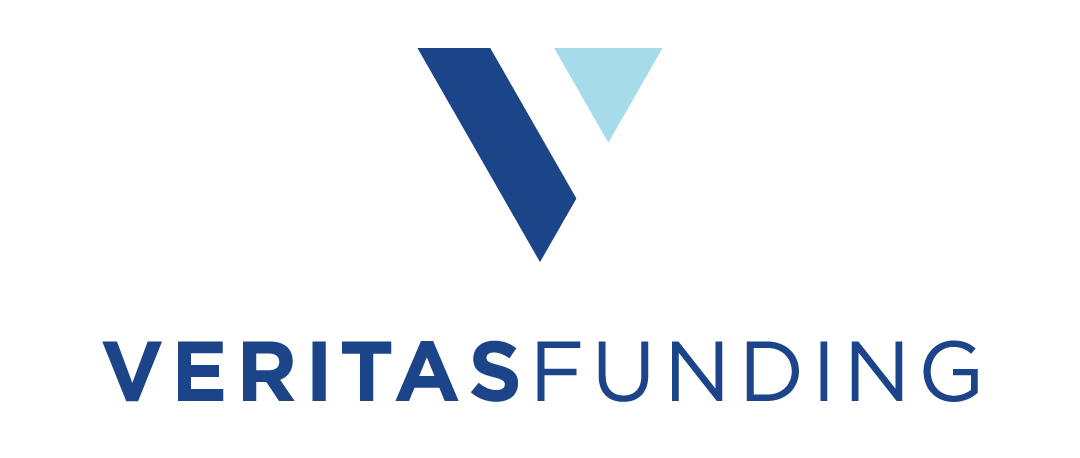
Is a HECM Reverse Mortgage Right for Me?
If you are 62 years or older and own your home, you might be wondering how you can take advantage of the massive equity it has accrued over the years. Well, you are in luck! An FHA reverse mortgage, also known as a home equity conversion mortgage (HECM), allows the homeowner to convert part of the equity in their home into cash.
The cash can be used for any purpose, including retirement income, debt consolidation, or home improvements. Of course, there are a lot of things to consider when deciding if a HECM Reverse Mortgage is right for you.
Who Could a HECM Reverse Mortgage help?
HECM Reverse Mortgages have grown increasingly popular over the last couple of years. Experts suggest that some of the primary reasons they are being utilized are:
- 61% of Americans 65 and older have significant debt
- 48% of Americans have less than $10,000 saved for retirement
- Only 36% of Americans feel confident in their retirement knowledge
- 71% of elderly Americans are worried their Social Security will run out
- Almost 60% of Americans report losing sleep thinking about retirement
If you relate to any of these statistics, you're not alone. Luckily, a Home Equity Conversion Mortgage (HECM), also known as a reverse mortgage, could be the financial solution you need.
How is a HECM Reverse Mortgage different from a traditional home loan?
Unlike a traditional mortgage, a HECM Loan may allow you to purchase a new home without having to make monthly mortgage payments. Considering the average monthly mortgage payment is $1,500 a month getting a reverse mortgage may help you:
- Pay your bills, repay other debts, and make everyday purchases more easily
- Contribute more money to your savings
- Take charge of your health: fund doctor's visits, prescriptions, and even in-home care if necessary
- Make home modifications (repairs, remodels, etc.) to fit your needs as you age
- Establish a financial safety net in case of emergencies
- Lower your taxable income
- And more!
To qualify for a reverse mortgage, you must own your home and be able to demonstrate that you can continue to afford property taxes and homeowners insurance. You must also attend a counseling session with an approved counselor.
What are the Risks of a HECM Reverse Mortgage?
If you are a senior citizen homeowner and you need money to cover expenses, a HECM Reverse Mortgage might be right for you. However, it’s important that you understand the risks before you make a decision.
- Interest accrues on a reverse mortgage each month. Since no payments are made, your loan balance will rise. If interest on your loan accrues faster than your home appreciates, your equity will decrease. It is possible to lose all the equity in your home if your reverse mortgage has a high-interest rate.
- Depending on how long you live, cash payments from a reverse mortgage may be insufficient to cover your living expenses for the rest of your life. Note: This has nothing to do with increases or decreases in property value as the bullet below suggests.
- When you exit your home, either through death or moving to another residence (including an assisted living facility or nursing facility) you or your heirs will be required to pay off the loan within six months. In certain cases, this may be extended up to one year. To repay the loan, you may either:
- Sell your home. The reverse mortgage will be paid off at closing and any remaining equity will be disbursed to you or your estate. Please note that in some cases it is possible that you do not have any equity in the home.
- Retain your home. The loan will need to be repaid either by paying cash or by refinancing the reverse mortgage with a different mortgage product.
How to Start the Reverse Mortgage Application Process
If you’re still interested in a HECM Reverse Mortgage after reading about the risks, then it’s time to start the application process. The first step is to call a reverse mortgage specialist to discuss your options and see if you qualify.
From there, the specialist will help you gather the required documentation, which includes:
- A signed and dated HECM Counseling Certificate
- Your driver’s license or other government-issued photo ID
- Your most recent property tax bill
- Your most recent homeowners insurance policy declarations page
- Your mortgage statement or, if you don’t have a mortgage, your deed
- An appraisal of your home (which the specialist will arrange)
Once you have all of the required documentation, the specialist will complete a financial assessment to determine your eligibility. If you are eligible, you will be able to move forward with the loan process.
More than 1.2 million Americans have already made a reverse mortgage part of their retirement plan Take control of your future and fill out the contact form below to learn how you can join them.
The only real way to find out if a HECM Loan is right for your unique situation is to speak to a qualified, licensed HECM specialist. If you provide some simple information below, we can have a Veritas Loan Officer reach out to you as soon as possible and help you access your options.
Get In Touch If you're interested in improving your life through homeownership, please provide your contact information below and a Loan Officer will be in contact. |
|
|

